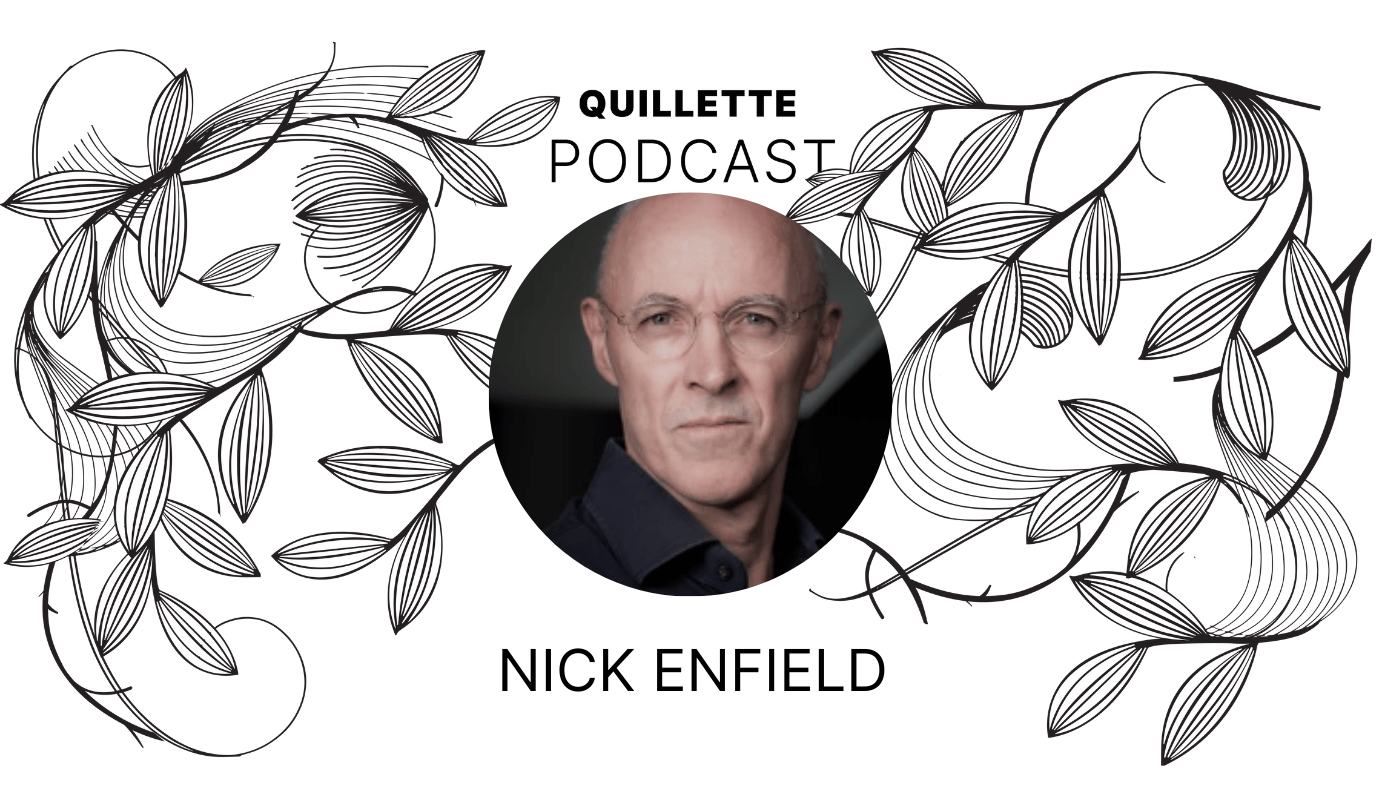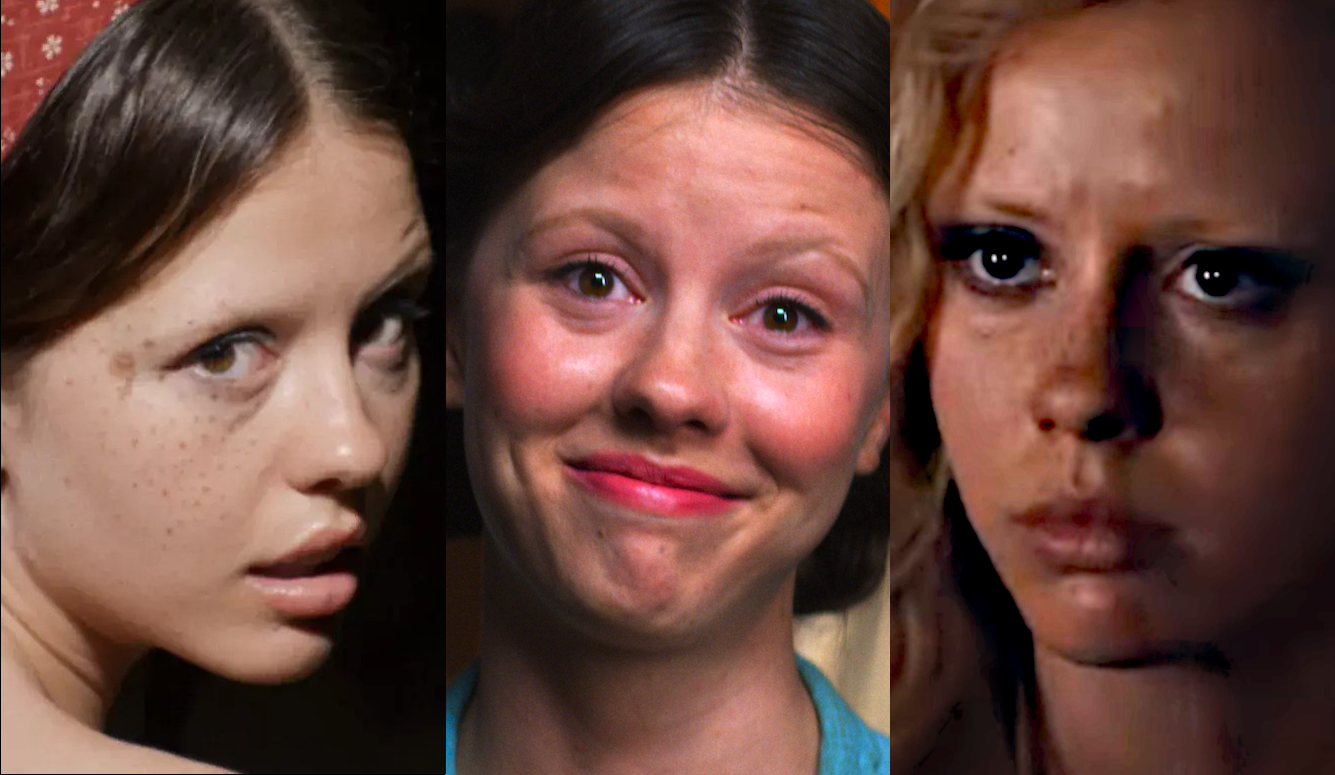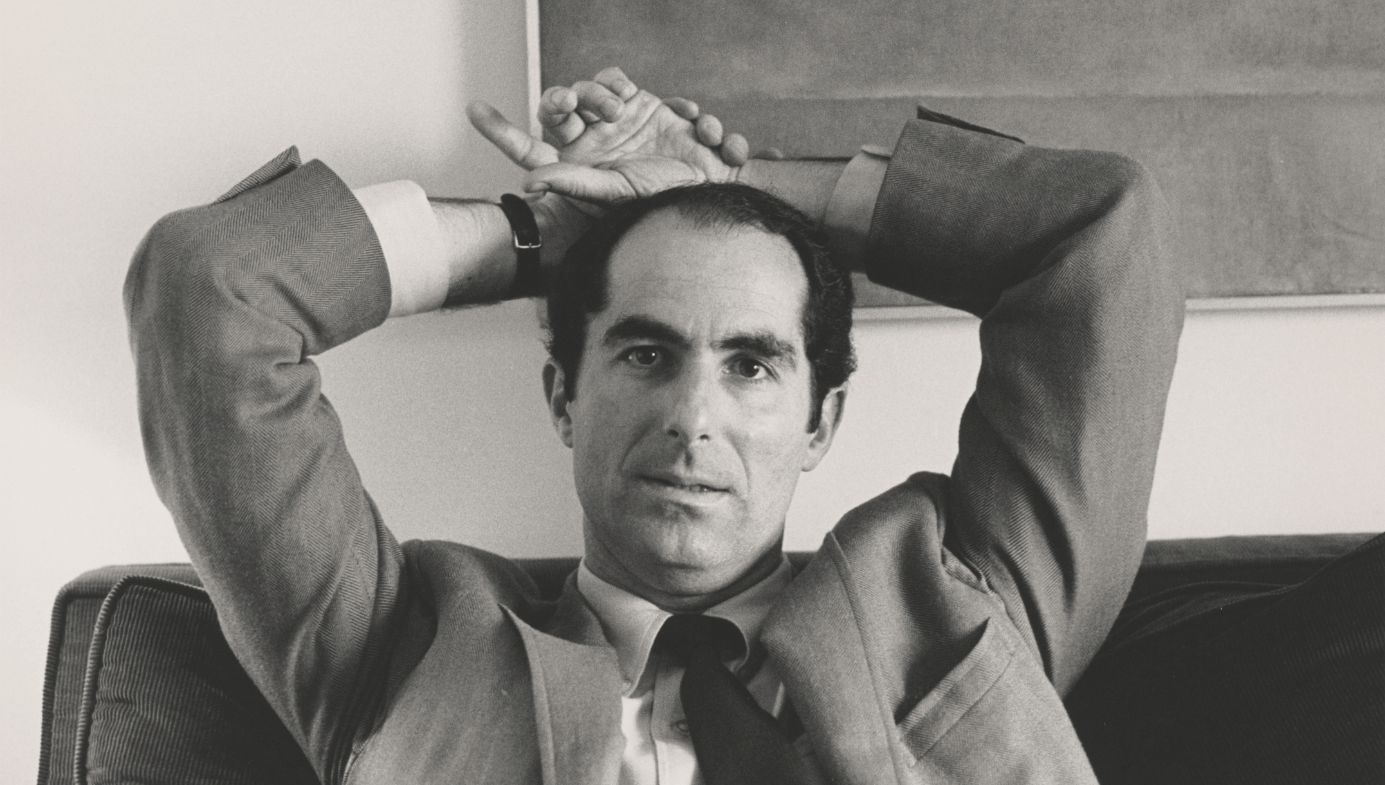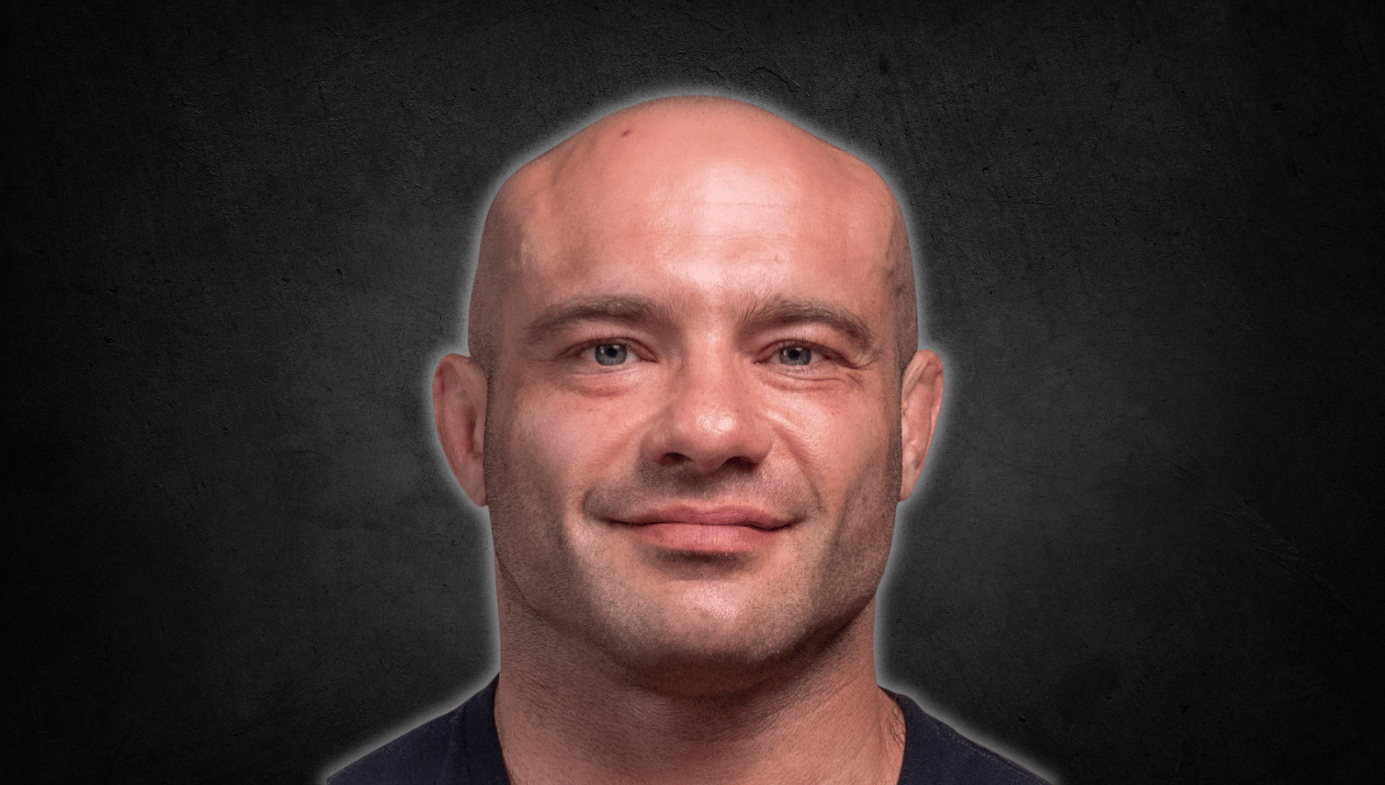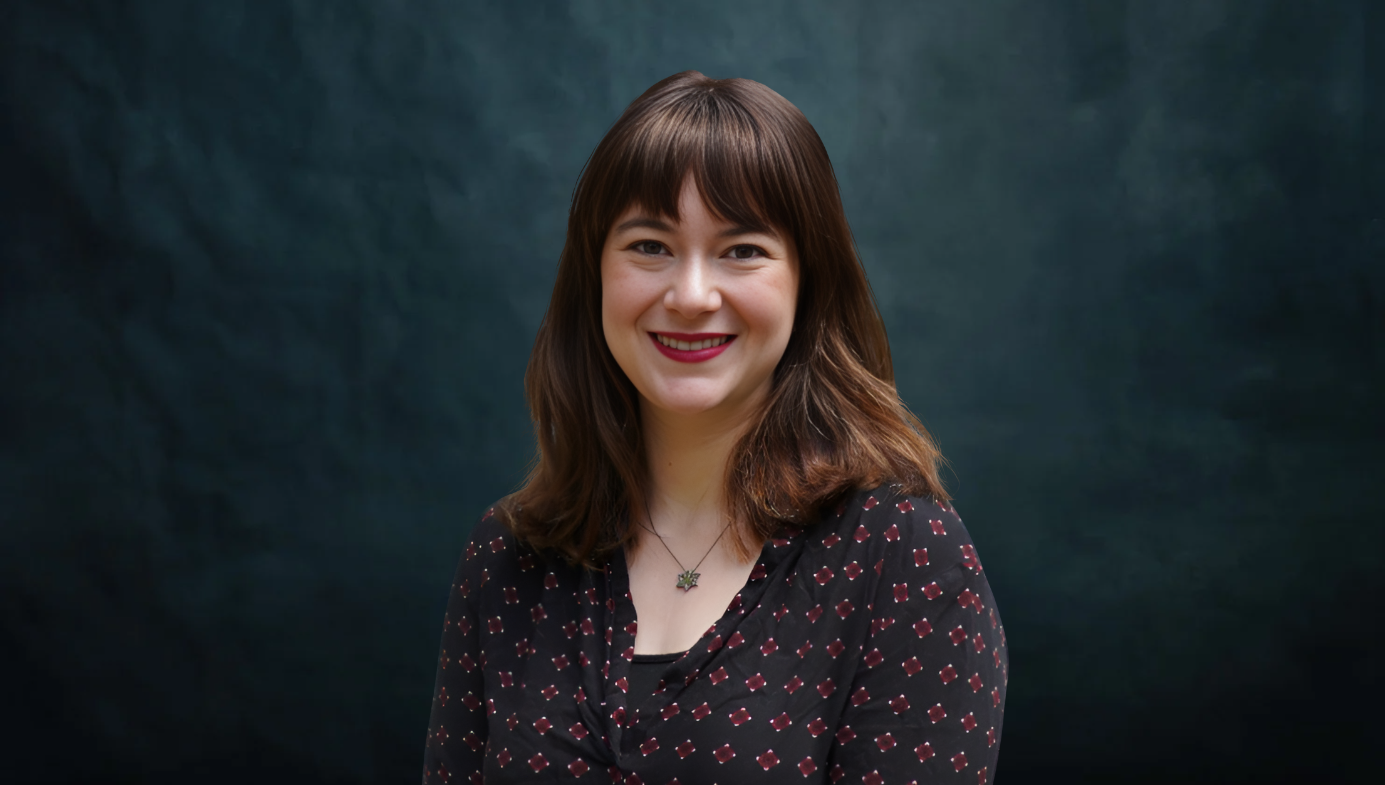In Toronto's Weirdest Cinema, a Portrait of the Artist I'd Never Become

You’ve probably heard of the Toronto International Film Festival, which, before the pandemic, was annually attracting almost 500,000 attendees. But you’ve probably never heard of Toronto’s equally venerable Cineforum, whose weekly attendance has usually been closer to five.
The Cineforum is an indie theatre run by a famously eccentric Toronto film archivist and self-styled activist named Reg Hartt. And even the word “indie” overstates things. Hartt ran Cineforum out of his living room, in a townhouse on the western fringes of downtown. Guests would be treated to viewings of vintage cartoons full of sex, violence, and art porn. As the small black-and-white posters he’d plaster around his neighborhood attested, Hartt betrayed a particular interest in interwar themes—Salvador Dali, Nostafaru, futurism, and fascism. These stapled ads would regenerate week after week, layering up on Toronto’s signposts.

Some information about Hartt can be found online, but it’s hard to discern the truth of things, since much of what appears is autobiographical. Hartt considers himself an esteemed film expert and philosopher, maintaining extensively edited, if oddly formatted, archives about his various causes, ornamented with numerous quotes singing his praises. The city of Toronto, on the other hand, has long considered him a nuisance and illegal business operator.
Hartt first started screening films while studying at Toronto’s Rochedale College, an experimental student coop that briefly gained fame in the 1970s as a free university populated by co-habitating teachers and students, many of them nudists. As one might expect, the place quickly imploded amid an infestation of drugs, crime, and biker gangs. Its doors had to be welded shut to keep its evicted residents out.

Hartt continued his vagabond screenings, however, eventually settling into his home on Bathurst Street in the early 1990s, thereby launching the protracted battle with city zoning and licensing officials that would last for decades—with Hartt adopting various fictions to conceal the fact that he was running a commercial film-exhibition business. Much of his time became spent chronicling the litany of injustices he’d supposedly endured.
But when I first visited the Cineforum at age 17, I knew none of this. I was just a pretentious kid who wanted to see avant-garde film.
The previous summer, I’d met a girl while studying in Paris, at a party I’d thrown in my room to celebrate my last night in the city. Her name was Sibylle, and she, too, was from Toronto (or, at least, thereabouts). Upon reconnecting in Canada, we bonded over our shared yearning for bohemia, which glimmered in our imaginations, luminous against the shadow of our actual lives. We were young, privileged, and bored, fantasizing about squalor and oblivion, plotting to escape suburbia’s ocean of detached, single-family houses.
She admitted to having feelings for me. As a gay teen, I told her that was unnatural. A man and a woman together? Not what god intended. Only belatedly did I realize that I loved her, a realization that was very confusing to everyone, myself especially. But by then it was too late, and we’d become friends.
Sibylle said she didn’t want to be a guinea pig. I respected this as best I could, and quietly ached for her. Considering her the light of my world, I made an altar for her within me, where I happily bled my heart. She was beautiful, curious, and intoxicating. And I wasn’t alone in thinking so. Men had a habit of throwing themselves at her feet.
I am beginning to digress. What matters here is that the two of us were co-conspirators in a quest to become cultured, artistically inclined, Kerouacian autodidacts—and so did our best to collect strange experiences where we could find them. Hartt, of course, reeked of strange experiences.
We planned to catch his “Salvador Dali Surrealist Film Festival.” But none of our other friends wanted to go, and as I got out of the subway on the appointed day, Sibylle texted that she couldn’t make it either: Her parents couldn’t give her a lift to the train station. I’d already spent an hour commuting, so I resolved to go anyway.
With night falling and the unseasonably frigid spring air needling my skin, I felt lonely. Maybe this was stupid, I thought. What was I trying to prove?
When I arrived at Hartt’s townhouse, it was damp and warm inside. There he was, by now in his 60s, bespectacled, his short grey hair contrasting with unusually long eyebrows that seemed gelled upwards, giving him a look of perpetual skepticism. I handed him my $10.

From the entrance area, there extended a long hallway that ended in a grimy kitchen. To the left was a creaky-looking staircase leading to the second floor. He led me into the living room off to the right, where the walls were painted black, covered in film posters and elaborate horror-film masks. There were about 15 worn-out rolling office chairs arranged to face a screen. I was the only one there, so I sat myself in the centre, near the projector, and waited 20 minutes for the show to start. No one else showed up.
Then the lights went dim and Hartt took his place in front of the screen, launching into a long speech, avoiding eye contact, as if he were talking to a packed auditorium. I don’t remember a lot of what he said, but I do know that he spoke about the significance of Dali’s references to Andalusia (the region was poor, backwards, and, ergo, transgressive). I tried not to let my mind wander. I was going to be cultured.
The films began, and went on and on. As an aspiring filmmaker at the time, I did my best to be serious and thoughtful and, most of all, to suffocate my cresting sense of boredom. I felt guilty for my lack of cinephilia, which struck me as a personal moral failing. I wished Sibylle were there with me—or anyone, really.
As with eating food when full, I made myself watch and watch, even during a scene where they cut a woman’s eye open with a razor. Goo came out. The eye actually belonged to a calf. I still felt nauseous, and was relieved when the lights came back on. In that moment, I resolved never to watch anything by Salvador Dali ever again.
Hartt reentered the room, but this time in another mode. He was talking to me, a real person, rather than addressing an audience of ghosts. With just the two of us there, I felt it would be rude to escape without saying anything, so I made small talk, and he invited me into the kitchen for some wine. Naturally, we were soon arguing about God.
Being the mighty philosopher that he was, Hartt treated his opinions as received wisdom that could not be debated. He hammered me with his knowledge and I, resisting, tried to maneuver through his words. I let him go on, feeling drunker than I ought to be; realizing, too late, that I hadn’t eaten. “Do you want some grilled cheese sandwiches?” Hartt asked. Fuck yeah. He lit the stove, sizzled the butter, and we continued dueling about religion.
Hartt had some boarders upstairs, which is presumably how he made up for the revenue shortfall associated with running 10$-a-head film exhibitions whose attendance was apparently in the low single digits. One of these boarders came down and joined us, an artistic-looking guy in his early 20s.
At first, he tried to slip into the conversation, but was quickly backgrounded by Hartt’s grandiose monologues. By this point, I wasn’t arguing back, and treated the whole thing as an anthropological exercise, retreating into a state of dissociative self-awareness. Here I was, in this rundown house, cluttered and greasy, exposing myself to big ideas. This is what I’d wanted. Wasn’t I an artist? Wasn’t I an intellectual?
There was a second screening of Dali films scheduled that night. Four people had shown up this time, and Hartt had to go give his speech. The boarder and I were left alone. I asked him what it was like to live in a place like this. He invited me up to his room to take a look.
Only as I was going up the stairs did I realize that I was being hit on. But I wasn’t attracted. And I had school the next morning.
His room was glowing with black light and strange colours, the walls slashed with neon paint, a lava lamp on the table. As we sat beside each other on the bed, I decided the best thing was to act oblivious and take the house-tour offer at face value: “Thank you for showing me this! I have to go now but I’m glad I got to see your cool room!” I gave him a handshake or a hug, I don’t know, and rocketed away.
The subway ride home was the usual clanking metal and thump, thump, thump. And then I was back in the suburbs, endless and, by now, silent. I waited for the bus alone, walked home in the dark, and was hungover in class the next morning.
A few weeks later, Sibylle and I went to see a reenactment of The Monkey King, a Chinese fable, by some middle-aged actress. But it was in a library, the whole scene was for kids, and it felt really fucking lame. Months later, Sibylle moved to Romania to study medicine, and I saw her off at the airport, both of us crying.
We’d thirsted for bohemia, and we soon overfilled our cups. In Timișoara, Sibylle entered a series of ruinous love affairs, each more disastrous than the one before, eating the hearts of criminals and married men, until, failing her exams and unwilling to bribe her professors, she was forced by her parents to give up her studies. (This was after a family member had hired a private detective to follow her.) When she returned to Canada, a new personality had crystallized —angry, and sucked of wonder. There were cracks through which I could see her old self, though these grew smaller over time, and we lost touch for years.
Meanwhile, I dropped out of film school and scraped by in a Chinatown hovel, listless and impoverished, entombed in second-hand books, wandering the city at night in anxious contemplation, distracted with trivial art projects and badly paid work—a modern-day Reg Hartt in training, in other words. Eventually, my mother maneuvered me back to university, aided by the crushing force of my failures.
Years later, as a philosophy student, I went back to the Cineforum to watch 3D gay porn while high. This time, I was with friends—a bureaucrat, an urban planner, and a burlesque dancer. Hartt passed around his 3D camera, letting us film each other with it. At the end of the night, he projected the footage onto his screen. But the magic was gone for me. As I entered my mid-20s, squalor was losing its appeal, and my imagination had dimmed. Plus, the 3D glasses didn’t work well. And anyway, the whole thing was stupid: Didn’t I already see myself in “3D” every day?

A few years later, I thought of visiting again. But by this point, Hartt had been charged with possessing child pornography—a charge he denies. Some of the material, he says, was downloaded by others (as he’d often let people use his wi-fi), and some of it was just art. Images the police found, he told the media, “could be found in pornography museums around the world or reputable bookstores.” (The state of his case is unknown: When a Quillette editor emailed his lawyer for information last week, he received a one-sentence note to the effect that Hartt had “hired new counsel.”)
Seen by the lights of adulthood, the Cineforum has lost its mystique. But I don’t regret going. Oh to be 17 again, an earnest pretender not yet tired of romantic poverty, eager to escape bourgeois respectability and play in the gutters. It’s a phase most of us outgrow. Reg Hartt showed me what life looks like for those who don’t.




